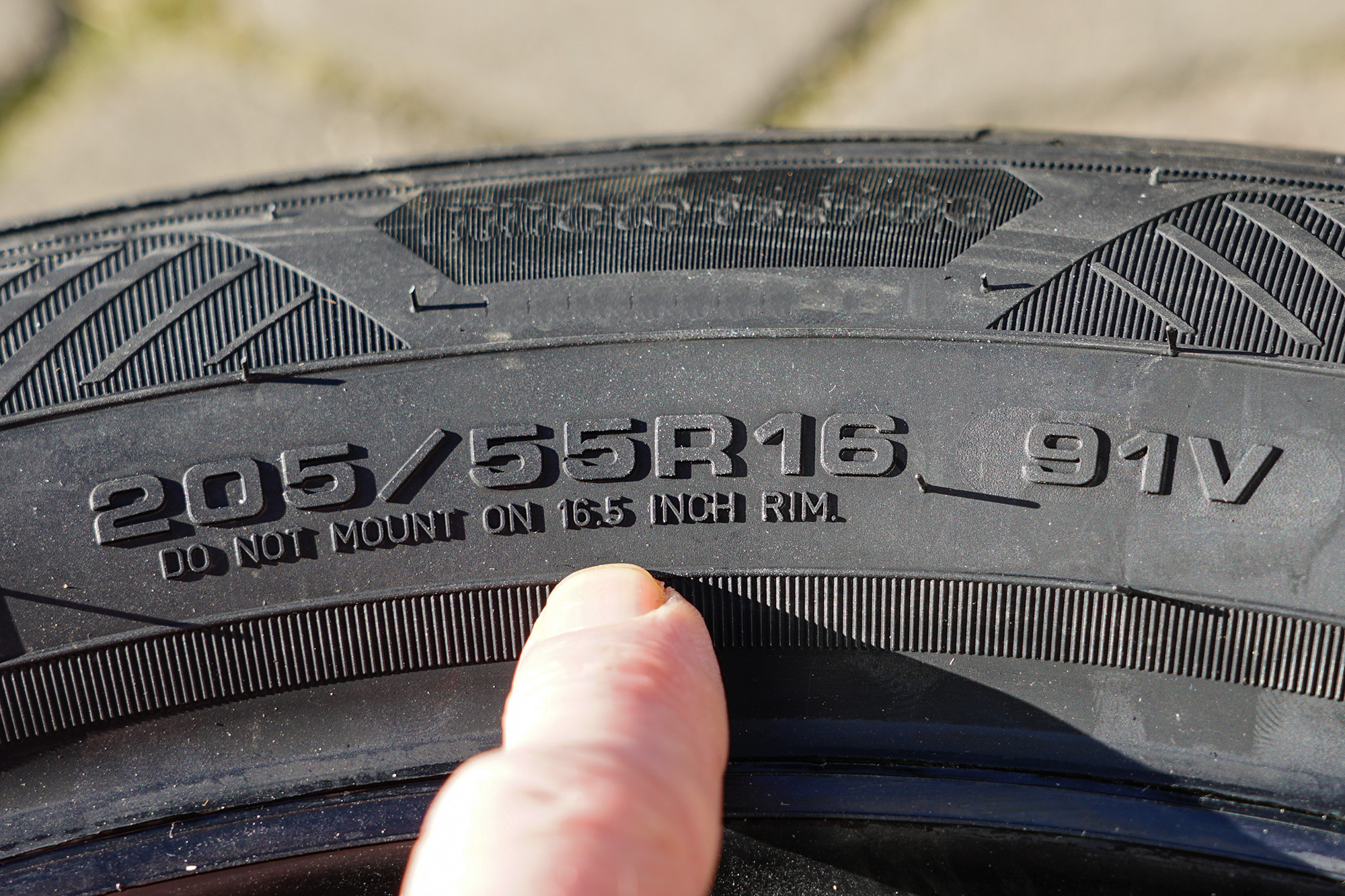
Complete Tire & Wheel Advice for Any Vehicle Type
Your tires and wheels serve as the foundation of your vehicle’s performance. From grip and cornering to ride smoothness and fuel economy, the correct setup plays a critical role in how your vehicle behaves on the road. Whether you’re replacing worn-out tires or looking to upgrade for visual appeal or performance gains, understanding the best choices for cars, trucks, and SUVs will help you avoid costly mistakes and improve your driving experience.
Cars typically benefit from all-season or touring tires that offer a comfortable ride, low road noise, and dependable grip in a variety of conditions. Drivers focused on performance might consider summer tires with higher speed ratings or dedicated winter tires for enhanced cold-weather safety. When selecting wheels, look for strong, lightweight materials like aluminum or flow-formed alloys, which improve acceleration, braking, and cornering without significantly affecting ride quality. Always verify load capacity and match your vehicle’s OEM specifications when upgrading.
Trucks have very different needs. If you're towing, hauling heavy loads, or traveling off-road, you’ll need tires built to withstand those demands. All-terrain (A/T) tires offer a good compromise between highway comfort and off-road capability, while mud-terrain (M/T) tires feature aggressive tread for superior traction in loose surfaces. Paired with steel or rugged alloy wheels, these tire types provide confidence in challenging environments. Make sure to check load index and speed ratings carefully when choosing truck tires, especially for work or commercial applications.
SUV drivers often straddle the line between passenger car comfort and truck-level utility. Because of their higher weight and center of gravity, SUVs benefit from tires with reinforced sidewalls and tread patterns designed for both highway and light off-road use. Look for all-season or highway terrain tires that reduce noise and improve fuel economy without sacrificing traction. When upgrading wheels, choose diameters that match your tire profile to avoid impacting ride comfort or speedometer accuracy. Avoid oversized wheels unless you’re willing to accept a firmer ride and reduced sidewall protection.
Regular maintenance is essential for prolonging tire and wheel life. Rotate your tires every 5,000 to 7,500 miles, and always ensure proper alignment and inflation. Under-inflated tires reduce fuel economy and wear prematurely, while over-inflated ones lead to poor traction and harsher rides. Clean your wheels regularly to prevent corrosion—especially in winter months when road salt is common. Inspect for cracks, punctures, Click to learn more and tread wear patterns, and replace tires that show signs of damage or aging, even if the tread looks adequate.
At the end of the day, your tire and wheel setup should match your driving needs, environment, and vehicle type. Don’t buy purely on price—consider performance ratings, tread life warranties, and brand reputation. Reputable tire manufacturers like Michelin, Goodyear, BFGoodrich, and Pirelli offer options tailored to nearly every driving style. Likewise, top wheel brands like Enkei, Method, and American Racing provide strength and aesthetics in equal measure. Choose wisely, and you’ll enjoy a smoother, safer, and more enjoyable drive.